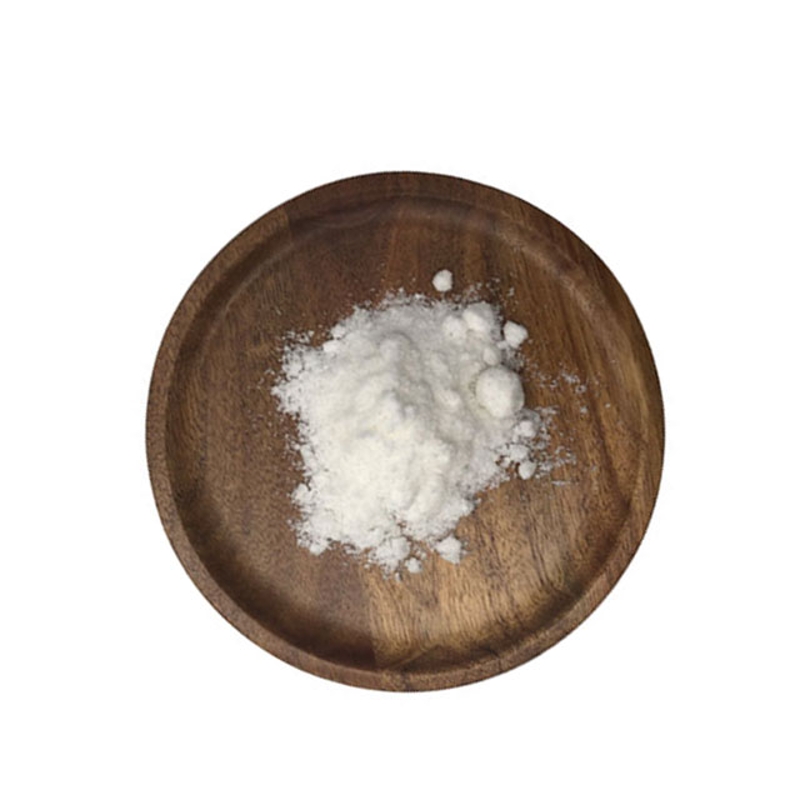-
Categories
-
Pharmaceutical Intermediates
-
Active Pharmaceutical Ingredients
-
Food Additives
- Industrial Coatings
- Agrochemicals
- Dyes and Pigments
- Surfactant
- Flavors and Fragrances
- Chemical Reagents
- Catalyst and Auxiliary
- Natural Products
- Inorganic Chemistry
-
Organic Chemistry
-
Biochemical Engineering
- Analytical Chemistry
- Cosmetic Ingredient
-
Pharmaceutical Intermediates
Promotion
ECHEMI Mall
Wholesale
Weekly Price
Exhibition
News
-
Trade Service
Autophagy is a highly conservative in-cell process that removes misfolded or aging proteins from cells and recovers damaged cells.
Autophagy plays a key role in maintaining cell stability because it regulates decomposition metabolism, relieves the production of reactive oxygen (ROS) by recovering damaged or aging mitochondrials, and protects cells from exogenous or endogenous stimuli such as nutrient scarcity, oxygen depletion, pathogen invasion (including bacteria and viruses), and UV exposure.
autophagy disorders are associated with neurodegenerative diseases, vascular stenosis, leukemia, cancer and aging.
, the development of autophagy regulators has become an important strategy for treating diseases.
alzheimer's disease is one of neurodegenerative diseases involving inflammation and autophagy defects.
is characterized by irreversible and substantial loss of cognitive ability and the formation of a pathological plaque complex consisting of MAPT (micro-tube-related protein tau) aggregates and amyloid proteins β in the neuron cortical layer.
autophagy inducers are thought to promote the degradation of harmful proteins in the AD brain.
, there is a high demand for powerful autophagy inducers that can be used with other AD therapies.
recently, researchers reported in the journal Autophagy that an antidepressant, Sert, is an autophagy-inducing agent.
From a mechanism, Sert potentially binds and antagonized mitochondrial VDAC1 (voltage-dependent anion channel 1), resulting in a decrease in cell ATP (adenosine triphosphate) levels, activates AMP-activated protein kinase (AMPK), and inhibits its downstream MTOR (mechanism target of repamycin kinase)-RPS6KB1 (nucleosome protein S6 kinase B1) signal pathway.
cells that lack VDAC1 expression, Sert completely loses the regulation of AMPK-MTOR path and autophagy-induced activity.
further, Sert inhibits tau disease by inducing autophagy by promoting autophagy degradation of the MAPT (micro-tube-related protein tau) protein.
, the study demonstrated Sert's potential as a new small molecule autophagy inducer and provided a new candidate for the treatment of autophagy-related diseases by targeting VDAC1.







